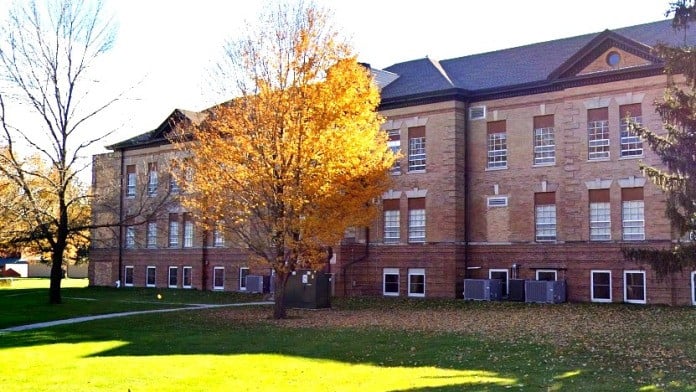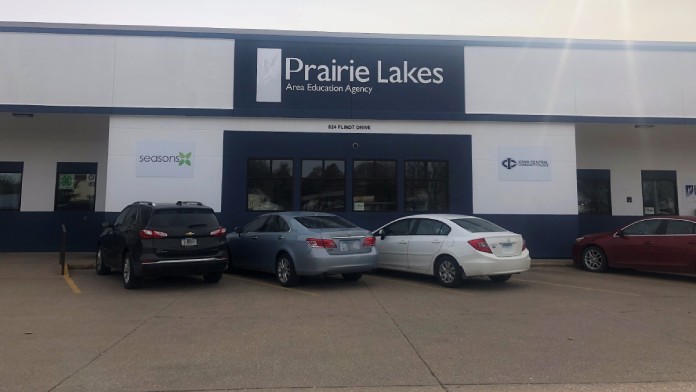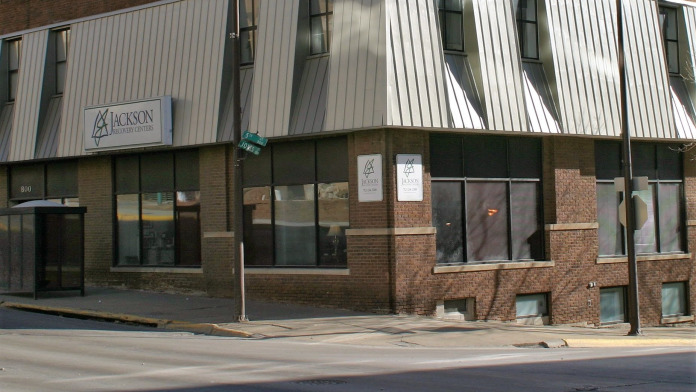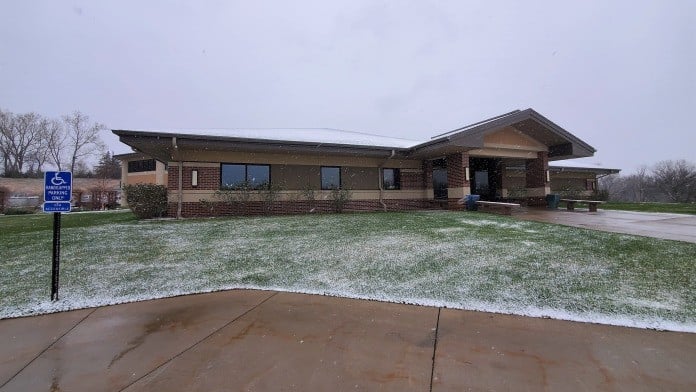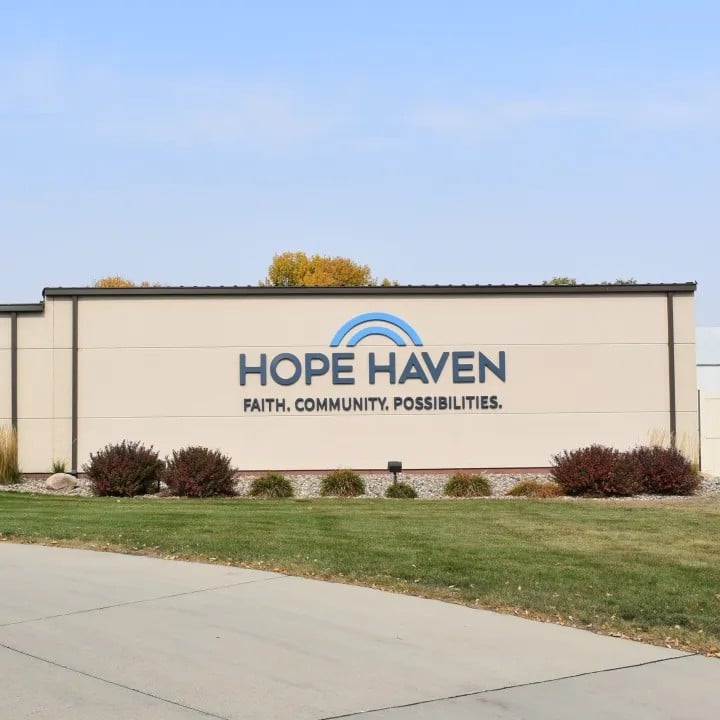MHI grounds are beautiful, lots of wildlife. However, that's all to like at this place. The staff was awful, made me feel like I was mentally retarded, believe me, they don't care about you.
About Iowa Department of Health and Human Services – Cherokee Mental Health Institute
The Iowa Department of Health and Human Services – Cherokee Mental Health Institute offers children, teens and adults inpatient care for mental health care disorders. It has a special program to help individuals who have been court referred. The staff is also able to evaluate individuals and provide trauma care and stabilization if needed.
Multidisciplinary Staff Ready to Help
When first arriving at the center, clients will find a modern facility in a campus like setting. The quiet rural environment is conducive to counseling and healing. I like that they have a multidisciplinary staff that is welcoming and believes in helping you with an individualized therapy plan. The clinicians at the center include psychiatrists, nurses, psychologists, therapists, and social workers.
Counseling You Need to Get Back Into Your Community
Upon reaching your recovery goals, I think it’s very helpful that they continue to offer you support by connecting you to community support groups and local aftercare options. These groups can provide you with the counseling and care needed to get back to your daily routine. Koser Spring Lake Park is near the center and can be used for quiet walks and meditation time.
The center accepts payment from Medicare and Medicaid. Additionally, the admissions staff will assist you in looking into other coverage options if needed. The center is located near the Cherokee Community Center which may offer individuals information on additional local support or counseling options.
Latest Reviews
Rehab Score
Gallery
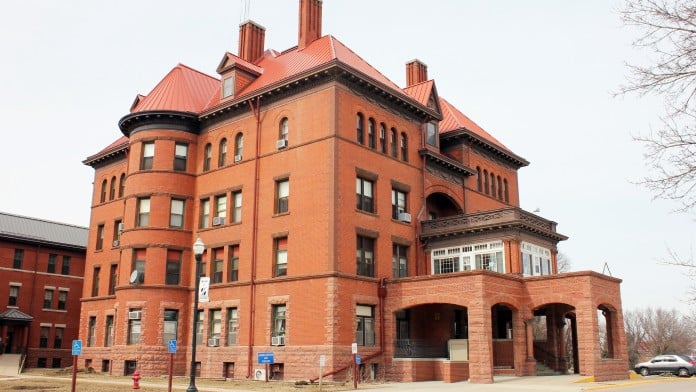
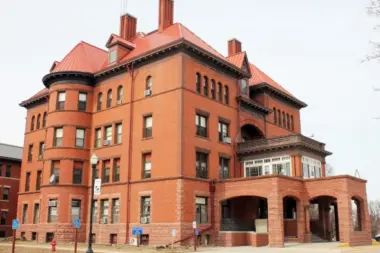
Other Forms of Payment
Private insurance refers to any kind of healthcare coverage that isn't from the state or federal government. This includes individual and family plans offered by an employer or purchased from the Insurance Marketplace. Every plan will have different requirements and out of pocket costs so be sure to get the full details before you start treatment.
Self-pay involves paying for treatment out of your own pocket. You can use savings or credit, get a personal loan, or receive help from family and friends to fund your treatment. If you don't have insurance or your insurance plan doesn't cover a specific program, self-pay can help ensure you still get the care you need.
Financial aid can take many forms. Centers may have grants or scholarships available to clients who meet eligibility requirements. Programs that receive SAMHSA grants may have financial aid available for those who need treatment as well. Grants and scholarships can help you pai for treatment without having to repay.
Medicare is a federal program that provides health insurance for those 65 and older. It also serves people under 65 with chronic and disabling health challenges. To use Medicare for addiction treatment you need to find a program that accepts Medicare and is in network with your plan. Out of pocket costs and preauthorization requirements vary, so always check with your provider.
Medicaid is a state based program that helps lower-income individuals and families pay for healthcare. Medicaid covers addiction treatment so those enrolled can use their coverage to pay for rehab. When a program accepts Medicaid the client often pays very little or nothing out of their own pocket.
Addiction Treatments
Levels of Care
Residential treatment programs are those that offer housing and meals in addition to substance abuse treatment. Rehab facilities that offer residential treatment allow patients to focus solely on recovery, in an environment totally separate from their lives. Some rehab centers specialize in short-term residential treatment (a few days to a week or two), while others solely provide treatment on a long-term basis (several weeks to months). Some offer both, and tailor treatment to the patient's individual requirements.
Treatments
Mental health rehabs focus on helping individuals recover from mental illnesses like bipolar disorder, clinical depression, anxiety disorders, schizophrenia, and more. Mental health professionals at these facilities are trained to understand and treat mental health issues, both in individual and group settings.
Programs
Adult rehab programs include therapies tailored to each client's specific needs, goals, and recovery progress. They are tailored to the specific challenges adult clients may face, including family and work pressures and commitments. From inpatient and residential treatment to various levels of outpatient services, there are many options available. Some facilities also help adults work through co-occurring conditions, like anxiety, that can accompany addiction.
Young adulthood can be an exciting, yet difficult, time of transition. Individuals in their late teens to mid-20s face unique stressors related to school, jobs, families, and social circles, which can lead to a rise in substance use. Rehab centers with dedicated young adult programs will include activities and amenities that cater to this age group, with an emphasis on specialized counseling, peer socialization, and ongoing aftercare.
Clinical Services
Trauma therapy addresses traumatic incidents from a client's past that are likely affecting their present-day experience. Trauma is often one of the primary triggers and potential causes of addiction, and can stem from child sexual abuse, domestic violence, having a parent with a mental illness, losing one or both parents at a young age, teenage or adult sexual assault, or any number of other factors. The purpose of trauma therapy is to allow a patient to process trauma and move through and past it, with the help of trained and compassionate mental health professionals.
Nicotine Replacement Therapy (NRT) is a way of getting nicotine into the bloodstream without smoking. It uses products that supply low doses of nicotine to help people stop smoking. The goal of therapy is to cut down on cravings for nicotine and ease the symptoms of nicotine withdrawal.
Staff

Kelly Garcia
Iowa HHS Director

Sarah Reisetter
Chief of Compliance, COO (interim)
Contact Information
1251West Cedar Loop
Cherokee IA, 51012
